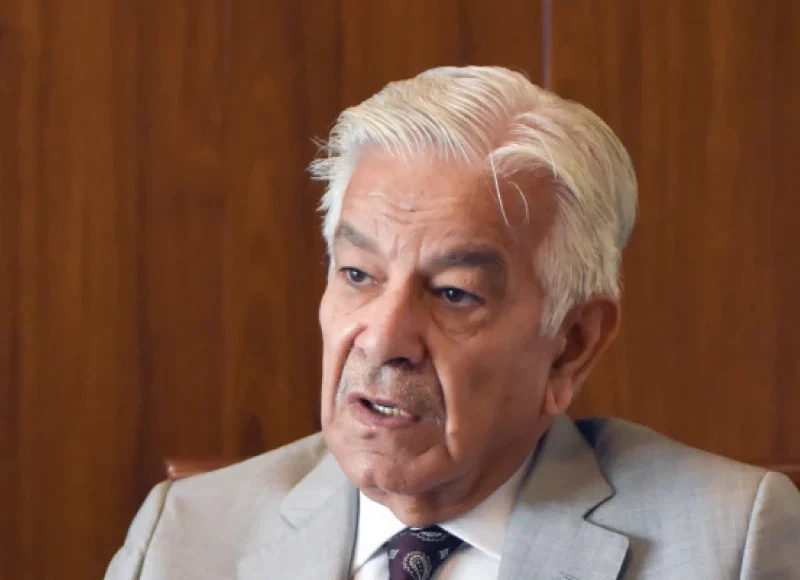Federal Defence Minister Khawaja Asif has said that if Pakistan and India return to the negotiating table, the focus must be on three long-standing and critical issues: Kashmir, terrorism, and water.
Speaking to Geo News, Asif stressed that any meaningful dialogue would have to prioritize these areas, which have been sources of tension between the two nations for decades.
“Terrorism has plagued the region for the last 20 to 30 years,” he said. “And for us, this isn’t just a political talking point—it’s a painful reality. Pakistan has paid the highest price in this fight.”
He called the current moment a rare opportunity for both countries to move forward, especially on Kashmir. “This is a golden moment. If we miss it, we may not get another like it. Even President Trump has spoken about Kashmir—it’s now on the global radar.”
Asif pointed out that most of the conflicts between Pakistan and India have revolved around Kashmir. “Even the recent skirmishes were because of that. Modi has pushed the region to the brink, but by the grace of God, we held our ground. Our forces stood firm.”
He also touched on the water dispute, saying that the matter was supposed to have been settled with the Indus Waters Treaty of 1960. “That agreement isn’t something that can just be tossed aside. India’s recent moves to suspend it are reckless,” he noted.
On the broader diplomatic front, Asif said Pakistan’s calm but firm response has gained international recognition. “Our message was loud and clear. We’re not the aggressors, but we won’t stand down if pushed. India is facing criticism even from within its own parliament and military circles. Apart from Israel, no one is backing them. That says a lot.”
Ceasefire Announced After Escalation
After days of heightened military activity and fears of a larger conflict, Pakistan and India agreed to a full ceasefire this past Saturday. The announcement came first from former U.S. President Donald Trump and was later echoed by Prime Minister Shehbaz Sharif, Deputy PM Ishaq Dar, Indian Foreign Minister S. Jaishankar, and U.S. Secretary of State Marco Rubio.
The escalation had begun after a tragic attack in Pahalgam, in Indian-administered Kashmir, on April 22, which killed 26 civilians. India immediately pointed fingers at Pakistan-based groups, though no concrete evidence was presented. Pakistan denied involvement.
India’s response was swift and harsh—it shut the Wagah border, revoked Pakistani visas, and unilaterally announced a suspension of the Indus Waters Treaty. Pakistan described these actions as deeply provocative and tantamount to a declaration of war.
In early May, Pakistan responded with Operation Bunyan-un-Marsoos, claiming to have shot down five Indian aircraft and intercepted dozens of Israeli-origin drones.
Throughout the crisis, U.S. officials—particularly Secretary Rubio and Vice President JD Vance—worked behind the scenes to cool tensions. They held several rounds of talks with key leaders, including Prime Ministers Shehbaz Sharif and Narendra Modi.
Following the ceasefire announcement, military operations were halted across land, air, and sea, though both sides have since reported minor violations along the Line of Control (LoC).



